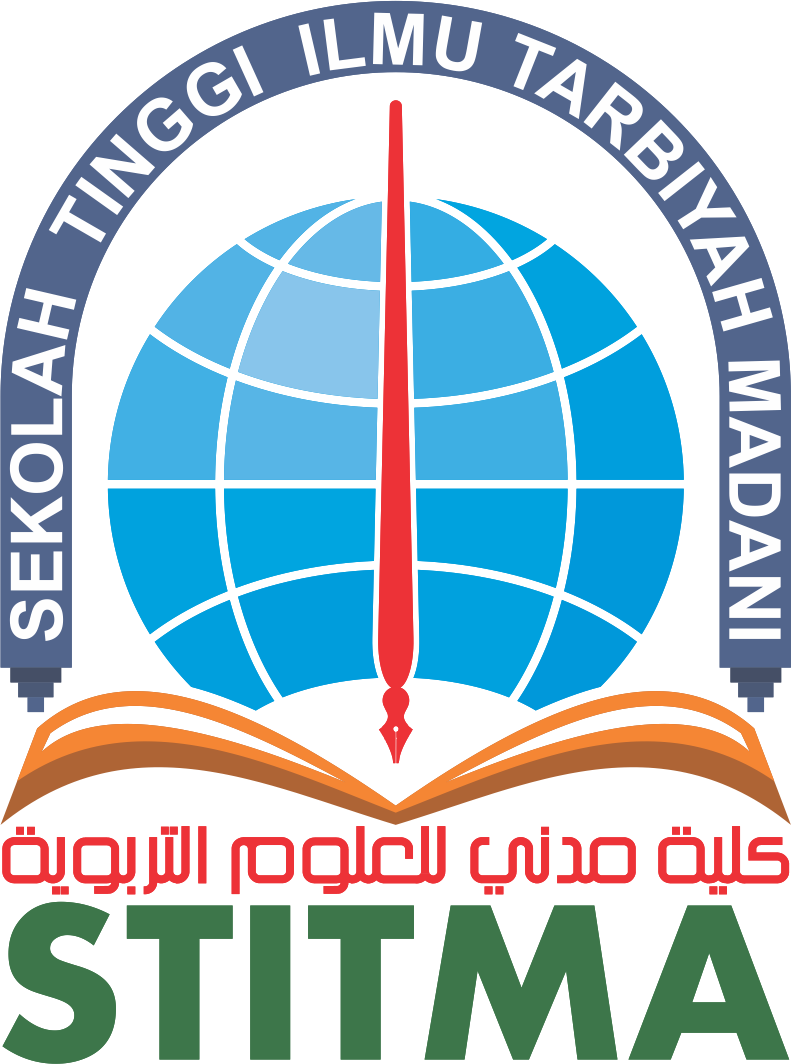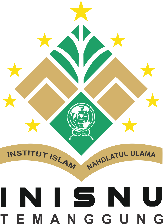Decolonizing the Curriculum: Policy Implications for Indigenous Knowledge Integration in National Education Systems
DOI:
https://doi.org/10.59944/postaxial.v3i3.478Keywords:
Curriculum Decolonization, Indigenous Knowledge, Education Policy, Epistemic Justice, Multicultural EducationAbstract
This study explores the integration of Indigenous knowledge into national education systems as a central strategy for curriculum decolonization. Focusing on case studies from Canada and New Zealand, the research investigates how policy frameworks and classroom practices intersect to promote or hinder the inclusion of Indigenous epistemologies. Findings reveal that while national policies in both countries emphasize cultural inclusion and reconciliation, actual implementation varies widely across schools. Successful integration depends significantly on community engagement, teacher training, and leadership support. However, systemic challenges such as standardized assessments, insufficient curricular guidance, and minimal Indigenous representation in policymaking continue to limit the depth of curricular transformation. The study highlights the importance of creating dialogic and culturally grounded educational environments to foster equity, identity affirmation, and epistemic justice in multicultural societies.
References
Almeida, S. (2015). Curriculum and the erasure of race: A critique of multiculturalism in education policy. Race, Ethnicity and Education, 18(4), 524–548.
Andreotti, V. (2011). Actionable postcolonial theory in education. Palgrave Macmillan.
Battiste, M. (2013). Decolonizing education: Nourishing the learning spirit. Purich Publishing.
Berryman, M., Lawrence, D., & Lamont, R. (2018). Cultural relationships for responsive pedagogy. Set: Research Information for Teachers, (1), 3–10.
Bishop, R., & Glynn, T. (1999). Culture Counts: Changing Power Relations in Education. Dunmore Press.
Bowen, G. A. (2009). Document analysis as a qualitative research method. Qualitative Research Journal, 9(2), 27–40.
Braun, V., & Clarke, V. (2006). Using thematic analysis in psychology. Qualitative Research in Psychology, 3(2), 77–101.
Brayboy, B. M. J. (2005). Toward a tribal critical race theory in education. The Urban Review, 37(5), 425–446.
Creswell, J. W., & Poth, C. N. (2018). Qualitative inquiry and research design: Choosing among five approaches (4th ed.). Sage.
Fitrianto, I. (2019). ماليزيا بجامعة دار السلام كونتور العام: KUISتنفيذ الدورة المكثفة في اللغة العربية لطلاب الكلية الجامعية الإسلامية العالمية بسلانجور 2018 (Doctoral dissertation, University of Darussalam Gontor).
Fitrianto, I. (2024). Critical Reasoning Skills: Designing an Education Curriculum Relevant to Social and Economic Needs. International Journal of Post Axial: Futuristic Teaching and Learning, 245-258.
Fitrianto, I. (2024). Innovation and Technology in Arabic Language Learning in Indonesia: Trends and Implications. International Journal of Post Axial: Futuristic Teaching and Learning, 134-150.
Fitrianto, I. (2024). Strategi Guru Pai Dalam Mengatasi Kesulitan Belajar Pada Mata Pelajaran Hadis Kelas 8 MTS Ibadurrahman Subaim. IJER: Indonesian Journal of Educational Research, 356-363.
Fitrianto, I., & Abdillah, F. M. (2018). MODEL PEMBELAJARAN PROGAM PEMANTAPAN BAHASA ARAB DAN SHAHSIAH (KEMBARA) KE 4 MAHASISWA KOLEJ UNIVERSITI ISLAM ANTAR BANGSA SELANGOR (KUIS) TAHUN 2018. University of Darussalam Gontor 15-16 September 2018, 121.
Fitrianto, I., & Hamid, R. (2024). Morphosemantic Changes in the Arabic Language in the Social Media Era: A Study of Neologisms and Their Impact on Youth Communication/التغيرات المورفوسيمانتية في اللغة العربية في عصر وسائل التواصل الاجتماعي: دراسة حول النيو لوغيزم وتأثيرها على تواصل الشباب. IJAS: International Journal of Arabic Studies, 1(1 September), 25-39.
Fitrianto, I., & Saif, A. (2024). The role of virtual reality in enhancing Experiential Learning: a comparative study of traditional and immersive learning environments. International Journal of Post Axial: Futuristic Teaching and Learning, 97-110.
Fitrianto, I., Hamid, R., & Mulalic, A. (2023). The effectiveness of the learning strategy" think, talk, write" and snowball for improving learning achievement in lessons insya'at Islamic Boarding School Arisalah. International Journal of Post Axial: Futuristic Teaching and Learning, 13-22.
Fitrianto, I., & Farisi, M. (2025). Integrating Local Wisdom into 21st Century Skills: A Contextual Framework for Culturally Relevant Pedagogy in Rural Classrooms. International Journal of Post Axial: Futuristic Teaching and Learning, 109-121.
Fitrianto, I., Al-Faruqi, M. R., & Hanifah, N. A. (2025). The Contributions of Ibn Malik to Arabic Language Education: A Historical and Pedagogical Analysis. IJAS: International Journal of Arabic Studies, 1-11.
Gay, G. (2010). Culturally Responsive Teaching: Theory, Research, and Practice. Teachers College Press.
Grande, S. (2004). Red Pedagogy: Native American Social and Political Thought. Rowman & Littlefield.
Julkifli, J., Mastur, M., & Fitrianto, I. (2025). Julkifli, Ibnu Fitrianto Metode Langsung (Thaîqah Mubãsyarah) Dalam Pembelajaran Bahasa Arab di Pondok Pesantren Bin Baz Yogyakarta. Jurnal Al-Fawa'id: Jurnal Agama dan Bahasa, 15(1), 158-173.
Kanu, Y. (2007). Increasing school success among Aboriginal students: Culturally responsive curriculum or macrostructural variables affecting schooling? Diaspora, Indigenous, and Minority Education, 1(1), 21–41.
Kanu, Y. (2011). Integrating Aboriginal Perspectives into the School Curriculum: Purposes, Possibilities, and Challenges. University of Toronto Press.
Kovach, M. (2009). Indigenous Methodologies: Characteristics, Conversations, and Contexts. University of Toronto Press.
Krueger, R. A., & Casey, M. A. (2015). Focus groups: A practical guide for applied research (5th ed.). Sage.
Ladson-Billings, G. (1995). Toward a theory of culturally relevant pedagogy. American Educational Research Journal, 32(3), 465–491.
Lincoln, Y. S., & Guba, E. G. (1985). Naturalistic inquiry. Sage.
McKinley, E., & Smith, L. T. (2019). Handbook of Indigenous Education. Springer.
McKinley, E., & Smith, L. T. (2019). Towards self-determining indigenous education in New Zealand. The Australian Journal of Indigenous Education, 48(1), 9–17.
Merriam, S. B., & Tisdell, E. J. (2016). Qualitative research: A guide to design and implementation (4th ed.). Jossey-Bass.
Mutu, M. (2019). The State of Māori Rights. Oratia Books.
Patton, M. Q. (2002). Qualitative research and evaluation methods (3rd ed.). Sage.
Santos, B. de S. (2014). Epistemologies of the South: Justice against epistemicide. Routledge.
Sarra, C. (2011). Strong and Smart – Towards a Pedagogy for Emancipation: Education for First Peoples. Routledge.
Schnarch, B. (2004). Ownership, control, access, and possession (OCAP) or self-determination applied to research. Journal of Aboriginal Health, 1(1), 80–95.
Shields, C. M. (2017). Transformative Leadership in Education: Equitable Change in an Uncertain and Complex World. Routledge.
Skutnabb-Kangas, T. (2000). Linguistic Genocide in Education—or Worldwide Diversity and Human Rights? Lawrence Erlbaum.
Smith, L. T. (2012). Decolonizing methodologies: Research and indigenous peoples (2nd ed.). Zed Books.
Tuck, E., & Yang, K. W. (2012). Decolonization is not a metaphor. Decolonization: Indigeneity, Education & Society, 1(1), 1–40.
UNDRIP. (2007). United Nations Declaration on the Rights of Indigenous Peoples. United Nations..
Yin, R. K. (2018). Case study research and applications: Design and methods (6th ed.). Sage.






